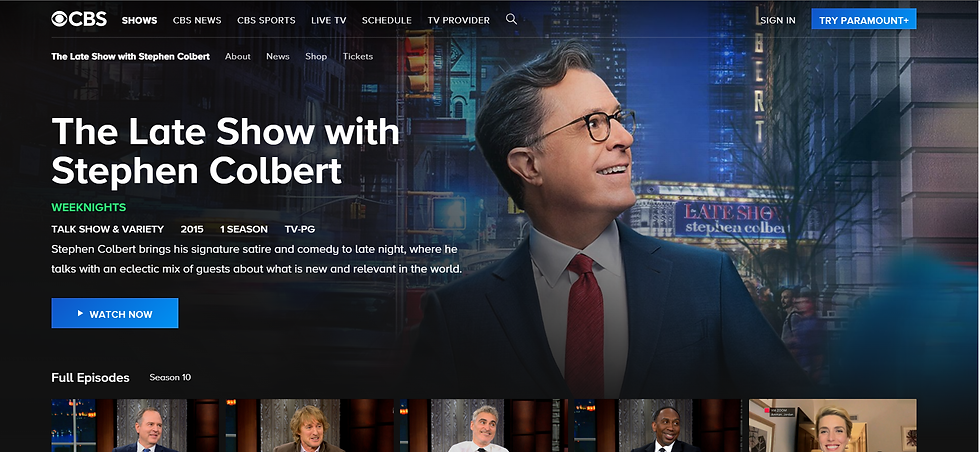Difficult Play - Assessing the Las Vegas Raiders' 'I Can Breathe' Tweet
- Mark Campbell

- Apr 22, 2021
- 3 min read

It is almost inevitable that brands and organizations will make a social media post in the wake of a major news story that grips a nation.
After all, in the world of social media, most brands and organizations want to be part of the conversation, if not gain attraction and attention for having a take on what is going on in the world.
Because if you are silent, that might not reflect well on you.
Silence could be seen as a tacit endorsement of a restrictive government policy or unfair court decision.
Or, it could suggest indifference toward or disagreement with prevailing public sentiment on a key issue.
But if you weigh in, there is always the danger that your comments could generate considerable criticism.
Take the 'I Can Breathe' tweet that went out from the Las Vegas Raiders' Twitter account this week just after jurors delivered guilty verdicts in the Derek Chauvin case.
The reaction was predominately negative.
For one, it seemed a glib reference to the dying words of not just George Floyd but also Eric Garner.
Words that became a rallying cry for reform and defunding of the police across America and around the world.
But it was also problematic in that the tweet came from an NFL team.
The NFL has been harshly criticized for how it has handled player protests against the kind of police violence that resulted in both Floyd and Garner's deaths.
The tweet was the idea of team owner Mark Davis.
He indicated that he took his inspiration from a statement made by George Floyd's brother, Philonise.
He also indicated he would not remove the tweet or apologize for it unless the Floyd family were offended.
Philonise subsequently released a statement in support of the Raiders.
There are a few notable things here.
One is that the idea or messaging for the tweet did not originate with the team's social media or communications team.
It came directly from the owner.
And he did not delete it.
It is still there on the team's Twitter page.
Many organizations will take down a tweet that receives the kind of backlash that this tweet did, often accompanying it with an apology.
Sometimes, they will just delete it, as if it never existed.
But Davis decided to stand by it.
He noted that it was rare that he made statements about anything, and I think that is part of why the tweet was so poorly received.
If you are going to use your organization's social media to comment about social injustices such as racism and police violence against Black people, people are going to question your motives and your content if you have no history of engaging on these issues.
Too often, it looks like hopping on the bandwagon for the sake of being seen as doing or saying the right thing.
But these issues are too important for a one-off comment.
They require ongoing engagement, backed by action.
There is no legacy of that here, and no indication if this is a first step of a bigger plan to address the issues raised by Floyd's death.
It also doesn't help that Davis didn't seem to know the history of the phrase he was referencing.
Which is why you never jump into a highly charged conversation like this with the first thing that comes to mind.
Maybe you have good intentions, but intentions do not trump impact.
Take time and think about what you want to say, how you will say it, and how audiences will receive it.
Otherwise, you'll likely commit the kind of fumble Davis did.




Comments